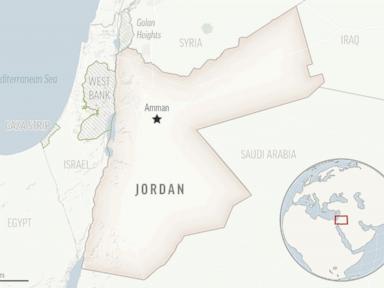ARTICLE AD BOX
A new study of cat gut microbes finds that pets may be excellent models for studying the origins and treatment of obesity in humans.
A team of veterinary researchers analyzed fecal samples from obese cats, as the animals lost weight (and maintained their weight) over the course of 4 dietary changes, including strict calorie restriction.
The team found that the "diet-related" changes in the cats' gut microbiome had striking similarities to dietary effects on the gut previously seen in humans.
“The microbes we saw in this study show up over and over again in human studies,” said Jenisa Winston, lead study author and assistant professor of veterinary clinical sciences at The Ohio State University.
In the study, researchers fed 7 obese cats a 4-phase diet over 16 weeks: open feeding of commercial cat food for 2 weeks, open feeding of a specially designed weight-loss diet for 1 week, calorie-restricted feeding to achieve a 1-2% weight loss per week for 11 weeks, and return to the original diet.
Analysis of stool samples taken during the different phases of the diet focused on changes in the presence of short-chain fatty acid metabolites, molecules produced by bacteria during digestion.
Fatty acids are important because they stimulate specific types of communication between gut microbes and tissues in the rest of the body, including hormonal signals that can be linked to inflammation and insulin resistance.
The team found that the abundance of a short-chain fatty acid called propionic acid (shown in other mammals to regulate appetite, reduce fat accumulation and protect against obesity and diabetes) increased in the feces when the cats were losing weight on a calorie-restricted diet.
Increased propionic acid formation was associated with an increase in Prevotella 9 copri bacteria.
Previous research has linked Prevotella 9-Copri, found in the human gut, to weight loss and better blood sugar control.
“When cats are on a special diet designed for weight loss, propionic acid goes up and stays high, then drops again when they are returned to their original diet,” Winston said.
“This paper highlights that when we restrict calories in obese cats, we can change their microbial ecosystem,” she continued. “And those shifts we see are likely linked to some of the metabolic outcomes.”
The surprising findings put pet cats at the top of the list of animals that may tell us whether gut microbiome-based therapy could be one way to combat obesity.
The study was published in the journal Scientific Reports.
.png)
 4 months ago
2
4 months ago
2









 English (US)
English (US)